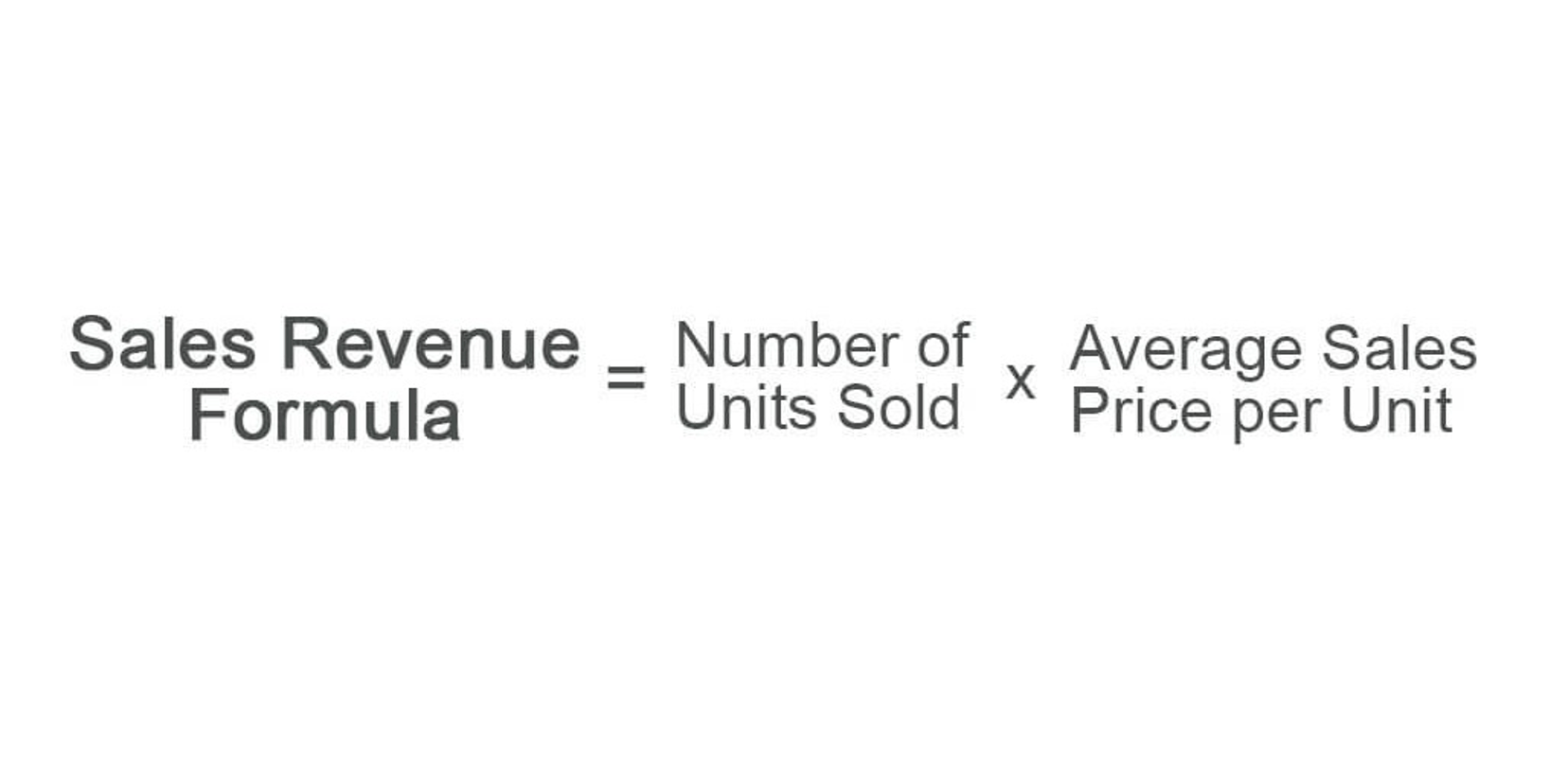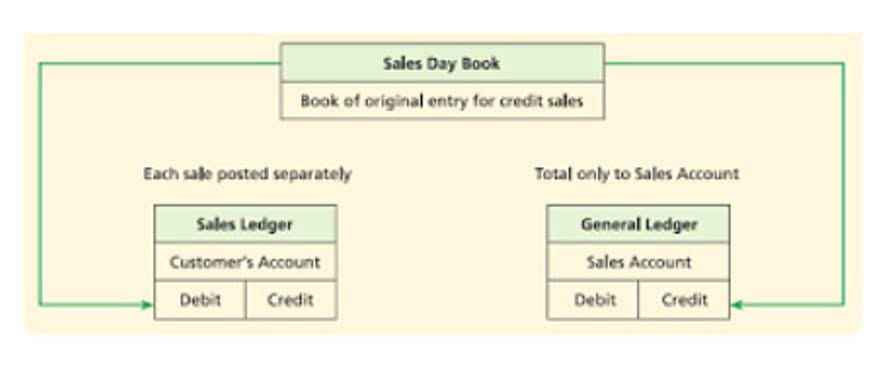
Good sole proprietor accounting involves understanding tax reporting requirements. Sole proprietors must file federal, state, and local tax returns timely to avoid penalties. As a sole proprietor, it’s essential to be knowledgeable about correcting errors in financial statements or tax returns. Understanding the process of filing amended tax returns is crucial if inaccuracies are discovered after submission. Implementing internal controls is crucial for sole proprietor accounting to minimize mistakes.
- By closely monitoring accounts receivable, you can stay on top of outstanding payments and take necessary actions to recover them promptly.
- Sole proprietors have unique opportunities for tax savings through various strategies tailored to their business structure.
- Understanding financial management, tax obligations, accounting systems, and record-keeping is crucial for success.
- Timely identification of overdue payments allows you to address any issues affecting your cash flow before they escalate.
Avoiding Errors

Sole proprietors often use cash basis for simplicity, but accrual can provide a more accurate financial picture. Understanding the timing of income and expenses is crucial in deciding between cash and accrual methods. Registering your sole proprietorship with relevant authorities ensures compliance with regulations.
- While an LLC separates personal assets from business liabilities, a sole proprietorship does not provide this distinction.
- Implementing internal controls is crucial for sole proprietor accounting to minimize mistakes.
- By understanding these sections thoroughly, sole proprietors can maximize their deductions while staying compliant with tax regulations.
- From separating personal and business finances to maximizing deductions and staying compliant, this guide offers practical insights to help you manage your finances effectively.
Bank Account Syncing
- This streamlined decision-making process enhances your ability to seize opportunities promptly and tailor your operations according to market dynamics.
- Remember, meticulous bookkeeping not only facilitates day-to-day operations but also sets the foundation for sustainable growth.
- Exploring options to sync your business bank account with accounting software can streamline sole proprietor accounting tasks significantly.
- This automation also provides real-time updates on your business’s financial status, enabling better decision-making based on accurate information.
- Double-check calculations and data entry accuracy before finalizing financial records.
- Automating the importation of transactions into your accounting system saves time and ensures accurate financial records.
By familiarizing themselves with different tax reporting requirements, they can ensure compliance and avoid potential issues down the line. Developing an organized system for managing receipts, invoices, and other financial documents helps maintain clarity in tracking income and expenses accurately. This practice CARES Act aids in preparing financial statements efficiently and facilitates tax filings come tax season. To address this risk, it’s crucial for sole proprietors to maintain robust financial management practices and establish emergency funds for unforeseen circumstances. It’s essential for sole proprietors to understand how to correct errors in financial statements or tax returns. Knowing the procedures for filing amended tax returns is crucial if mistakes occur.
- Opting for online banking features can streamline financial management tasks efficiently.
- Financial data provides valuable insights that enable sole proprietors to navigate decision-making processes effectively.
- By familiarizing themselves with different tax reporting requirements, they can ensure compliance and avoid potential issues down the line.
- Sole proprietors often use cash basis for simplicity, but accrual can provide a more accurate financial picture.
- This agility allows business owners to respond promptly to shifting customer demands, giving you a competitive edge.
Account Types
It helps identify discrepancies or errors promptly, allowing for timely corrections. This practice ensures that financial statements provide an accurate snapshot of the business’s financial health. Exploring options to sync your business bank account with accounting software can streamline sole proprietor accounting tasks significantly. Familiarizing oneself with Schedule C is essential for accurate tax reporting as a sole proprietor. This tax form allows sole proprietors to report income and deductions related to their businesses accurately. While an LLC separates personal assets from business liabilities, a sole proprietorship does not provide this distinction.

Financial Records

Automating the importation of transactions into your accounting system saves time and ensures accurate financial records. By syncing your bank account with accounting software, you maintain up-to-date financial information without manual data bookkeeping and payroll services entry errors. Streamlining payment tracking processes enhances cash flow management by ensuring that all due payments are accounted for in a timely manner.

Navigating sole proprietor accounting, including reliable bookkeeping and managing financial transactions, can be daunting for small business owners. Understanding financial management, tax obligations, accounting systems, and record-keeping is crucial for success. Pros of a sole proprietorship include simplicity in setup, full control over decision-making, easy tax filing process. sole trader accounting Cons may involve unlimited personal liability for debts, potential difficulty in raising capital compared to other business structures like LLCs or corporations. Keeping personal and business finances separate is crucial to avoid confusion and potential issues down the line. Mixing funds can complicate tax reporting and obscure the true financial position of the business, making it challenging to assess profitability accurately.



